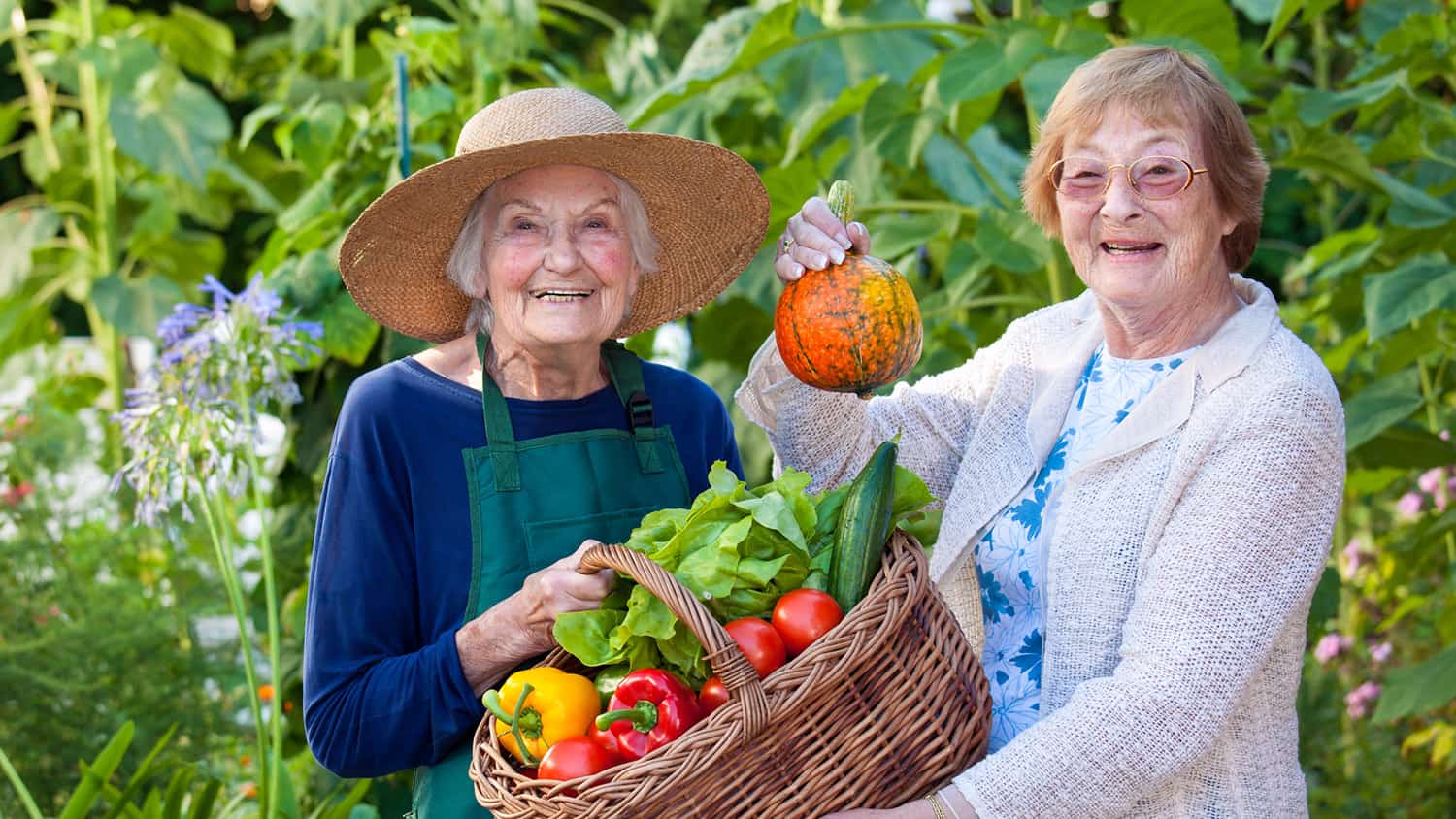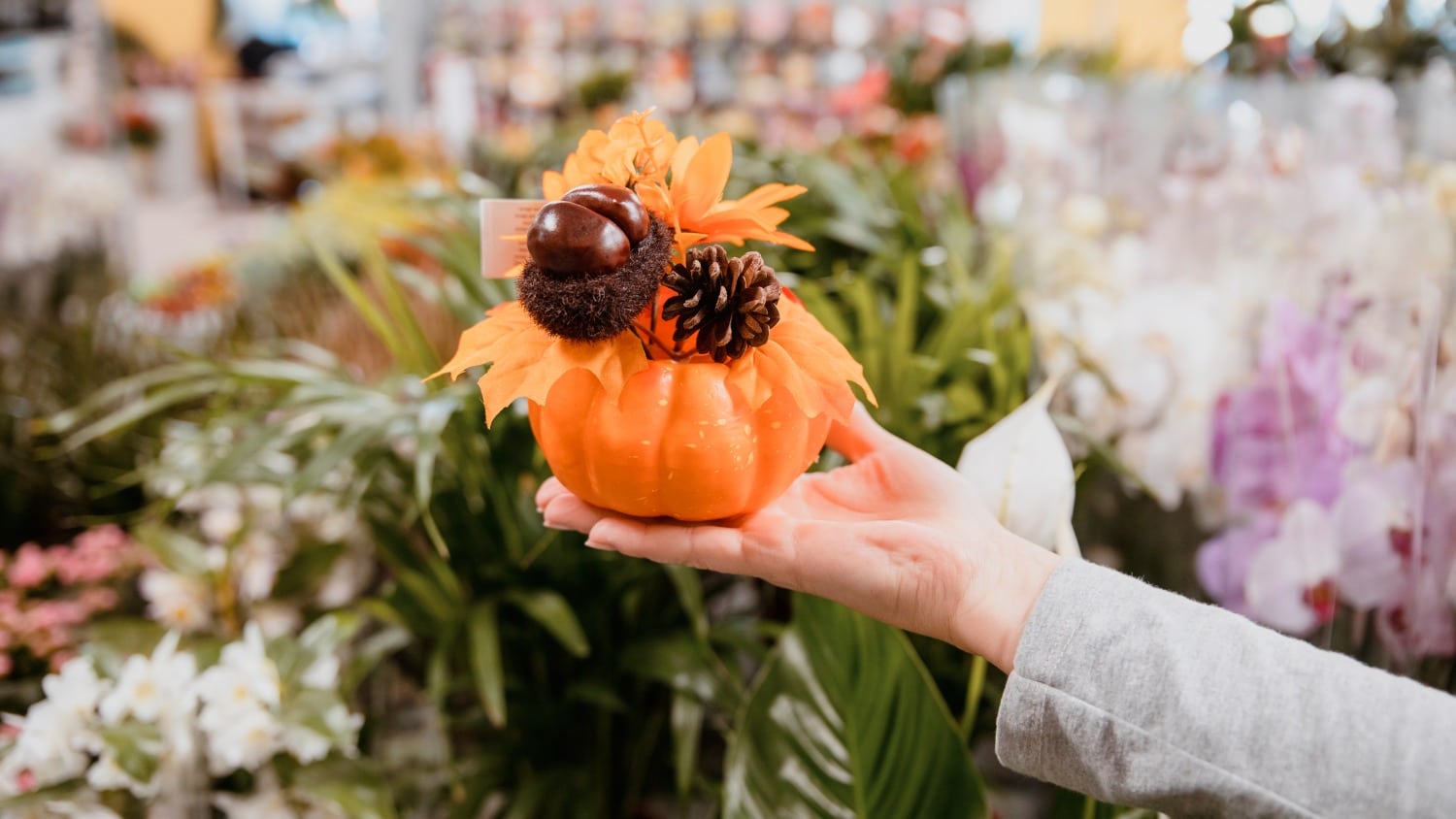
Is Halloween Too Scary for People with Dementia?
I’m not sure which was more exciting for my grandpa: having trick-or-treaters come to the door, or calling my mom the next morning to report how many he’d had.
Each year, he’d give a full report on how many kids, his estimation of how many in each age range, and his picks for best costumes. Even after he developed Parkinson’s disease with dementia, Papa never lost his joy for Halloween.
We don’t typically think of dementia and Halloween as things that go together. But this ‘kind-of’ holiday has gained more popularity year after year in the United States. So much so that consumers are expected to spend a record $9.1 billion in 2017.
So where does that leave people who live with dementia? Is Halloween too scary for them? Should we even attempt to acknowledge the occasion if we’re caring for someone with dementia?
Was my grandpa just an anomaly?
Based on my experience as a family member to seven people who had dementia – as well as over a decade of working in memory care – I have a few ideas about managing Halloween.
Know Your Person
The best place to start is by being the expert you are: you know your person better than anyone, right? If your dad’s always loved Halloween and gets a kick out of seeing the little kids in costumes, terrific! Proceed. On the other hand, don’t sweat it if it’s just never been a big deal in your family.
Like any other night, there are plenty of other activities you can do together, as long as they bring joy and not additional stress.
Look Through Their Eyes
A common myth is that dementia changes a person’s core personality. Happily, that’s not true. But what is true is that people with dementia have a damaged frontal lobe.
What this means is that their ‘self-editing feature’ may be notably absent. That could easily translate to your usually sweet mom screaming at a trick-or-treater because 40 doorbell rings in a row have jangled her last nerve.
Being aware of when your parent or partner is starting to become restless, fidgety or irritable gives you valuable feedback for when it’s time to turn off the porch light and call it a night.
More Than Trick-or-Treating
Even if you are focusing on avoiding the older kids dressed like zombies, there’s a whole lot more going on. Besides the majority of trick-or-treaters being elementary school-age kids dressed like princesses, pirates and superheroes, it’s autumn!
That means enjoying pumpkin pie, mulled cider, scarecrows, winter squash and so much more. Think of all the things unique to autumn you and your loved one enjoy. Experience those things – any day of the season.
If your person is still able to transfer in and out of a vehicle, perhaps you could consider a trip to the pumpkin patch. Maybe even a hay ride – while you’re there.
Use Your Community
If your person lives in a care community, chances are good the day’s been planned for you. Call to verify, but most care communities would be delighted to have you and your loved one participate in the festivities as their guests.
When I was a memory care director, we invited staff’s kids and students at the nearby elementary school to come do a costume parade after school. Residents voted on best costumes and gave out candy and prizes during the party after the indoor parade.
Two other popular activities to consider are pet parades and “trunk-or-treat” events at churches.
Pet parades are typically dogs-only. Their humans tend to be patient and kind people, so it’s a great atmosphere for those living with dementia. And how can you not laugh and have a good time when you spot a dachshund dressed as a lobster?
Trunk-or-treat church events just don’t stray into the scary side of Halloween. Most promote a fall harvest theme rather than Halloween. Costume-wise, you may run into three kings bearing gifts, but you definitely won’t spot a zombie.
Have Fun!
The point of a celebration is to have fun. Dementia-induced day-to-day stressors can obscure that truth. Halloween is a good reminder to think about what brings joy to your person – and you! – and then do it.
We have a tendency to look back wistfully, wishing things were still as they were. But we know dementia’s a progressive condition, so we’re always reminded today is the best day. We have the opportunity to treasure the time we have together right now, creating all the good feelings we can.
I have lots more ideas about the holidays in general, detailed in my ebook Successfully Navigating The Holidays. Sixty and Me readers can download a free copy here.
Are you more comfortable with celebrating a fall harvest theme rather than Halloween with loved ones in dementia care? Please share your thoughts below.
Tags Holidays






